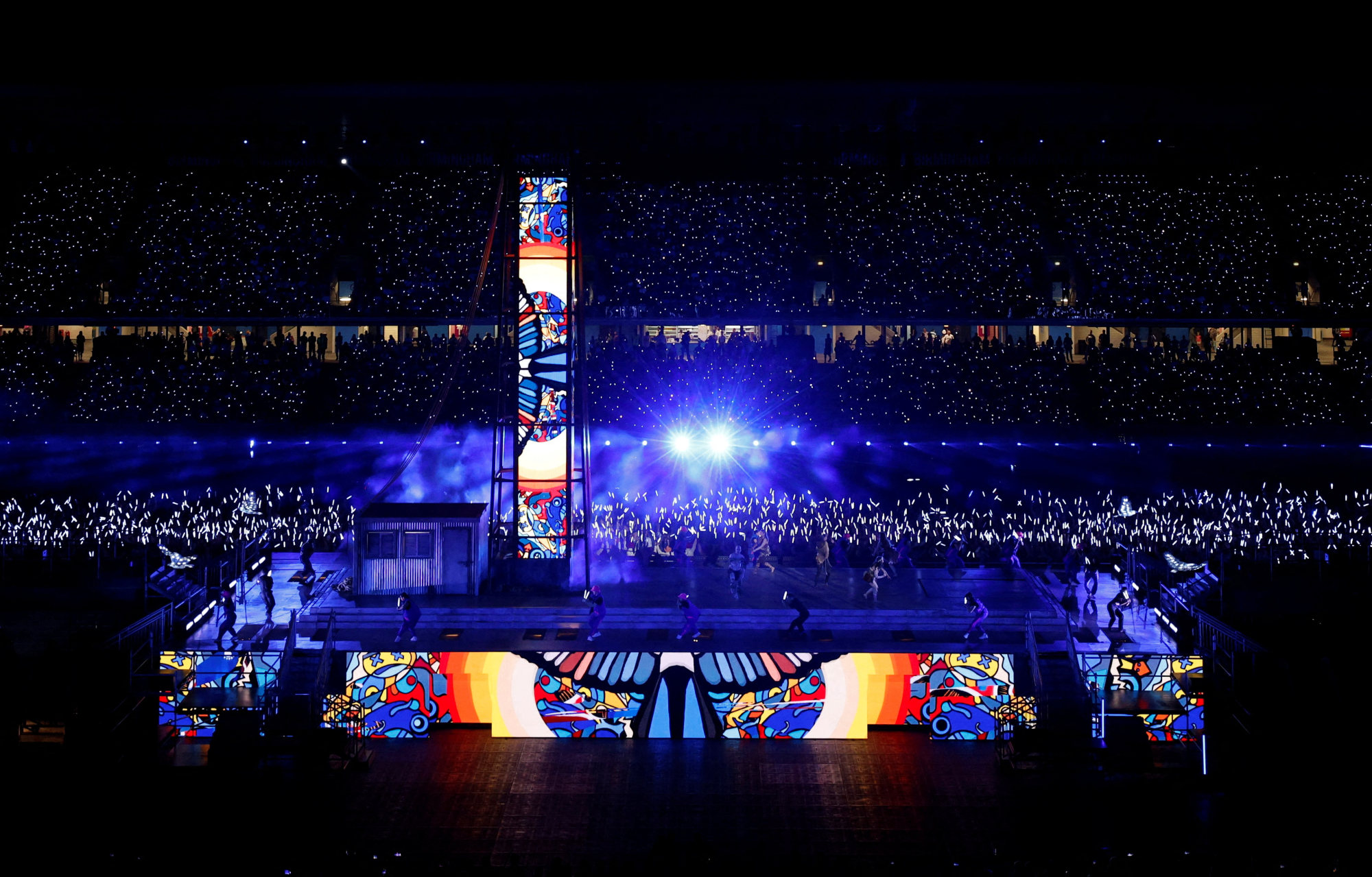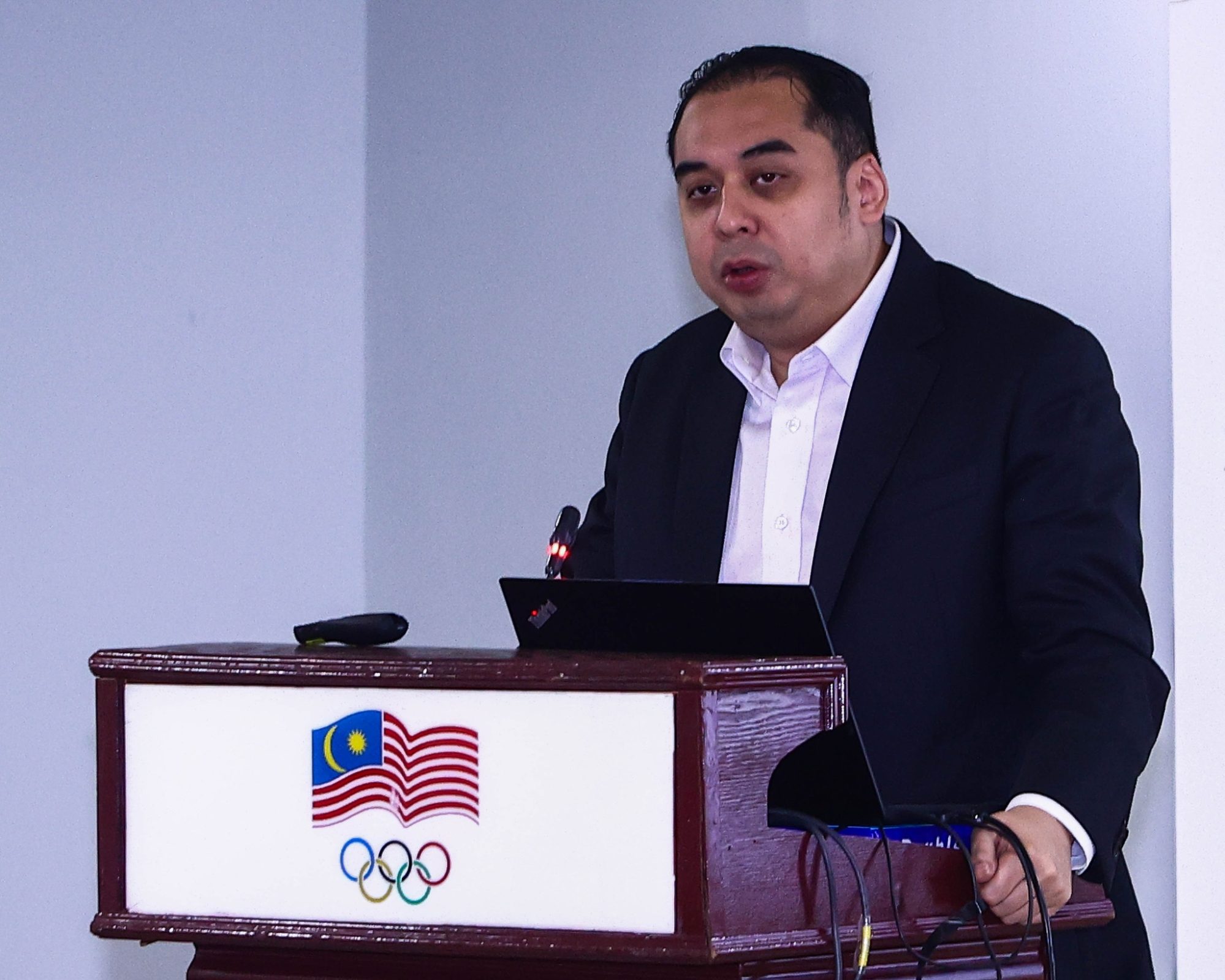
Should Malaysia host 2026 Commonwealth Games? Look at Victoria and Birmingham, critics say
- The Commonwealth Games Federation is offering Malaysia US$127 million to stage the event, after Australia’s Victoria state withdrew from hosting over costs
- As Malaysia mulls over the ‘once-in-a-lifetime opportunity’, the public has pushed back against big spending and also criticise the event as being a relic of a bygone colonial era
The Australian state of Victoria won the rights to host the 2026 edition of the event, but withdrew in July 2023, citing a projected budget blowout.
Victoria won after Malaysia’s capital Kuala Lumpur, alongside Cardiff, Calgary, Edmonton and Adelaide, pulled out from the race, citing financial concerns.
Now, without a host just two years ahead of the games, the Commonwealth Games Federation is dangling £100 million (US$127 million) for Malaysia to help pay for the event.
The Malaysian government is deliberating over the matter, with its Olympic Council (OCM) proposing a stripped-down version of the games.
OCM’s president Mohamad Norza Zakaria called it a “once-in-a-lifetime opportunity” to put Malaysia “back onto the world sporting map”, and build on the success of the 1998 edition of the games, which Malaysia hosted.
“We do not have enough time to set up venues, prepare volunteers, organise security aspects and involvement of other agencies,” former Youth and Sports Minister Reezal Merican Reezal was quoted as saying by news agency Astro Awani.

The 1998 Commonwealth Games in Kuala Lumpur is already a high watermark for the country, as it became the first Asian member of the collective to host the event.
Aside from the 2010 Delhi Games, every subsequent edition of the Commonwealth Games has been hosted by either a British or Australian city.
The sitting Sports Commissioner from the Youth and Sports Ministry, Suhardi Alias has also questioned why the country would take an unnecessary burden with little time to make sure it is a success.
“Victoria willingly paid such a large amount of money as compensation to withdraw from organising the games,” Suhardi told local newspaper Sinar Harian. “We also need to see what happened to Birmingham after hosting the 2022 edition, even after being advised early on not to go on with it.”
Birmingham, UK’s second-largest city, declared itself effectively bankrupt a year after hosting the Commonwealth Games, citing a £760 million (US$966 million) bill that it needs to settle.
“The number one reason we should not host is because Najib’s son wants us to,” quipped X user Nizam Bakeri.
Nazifuddin, along with his siblings and their father, was cited by the inland revenue office for failing to pay 1.7 billion ringgit in taxes in 2019, which is being contested by the family in court.

To date, Malaysia has had to fork out 48 billion ringgit (US$10.1 billion) to repay the debt incurred in that scandal.
Over on Malaysia’s loud social media scene, the hashtag #TolakKomanwel – #RejectCommonwealth – has been making rounds with the public outlining a variety of reasons why Malaysia should not accept the offer, ranging from the aforementioned economics and timing to it being a relic of a bygone colonial era.
“The Commonwealth Games is no longer relevant. Why are we glorifying the British colonial powers that plundered our land?” asked Facebook user Rashid Noor.
While the 1998 Games brought an economic boom to the host city Kuala Lumpur, with the construction of a new national stadium, the Kuala Lumpur International Airport and the country’s first rapid transit system, present-day spin off bonuses are less positive.
Aside from only having two years until the opening ceremony, the man who organised the 1998 Games said that making it happen again this time is an impossible feat financially.
“The total bill for the 1998 Games came to 200 million ringgit, just imagine how much it will cost to host the games now?” said Hashim Mohd Ali, the executive chairman of the corporation formed to organise the previous event.
Speaking to the local newspaper New Straits Times, Hashim said that even after 26 years, the accounts of the 1998 Commonwealth Games had yet to be closed, and the whole endeavour posted a loss of 11.6 million ringgit (US$2.45 million).
Other commenters added that if the brand meant so much to Britain, it should foot the bill instead.
Commonwealth Games Federation president Louise Martin has acknowledged they need to “understand and acknowledge the legacy of the [British] empire” on the lives of the people in the Commonwealth under their rule.
“Born out of the British empire, we are very aware of our history,” Martin, the federation’s first female head, said last November. “However, we are proud of our role in helping to bring together the nations and territories of the Commonwealth through sport, as friends and equals.”

